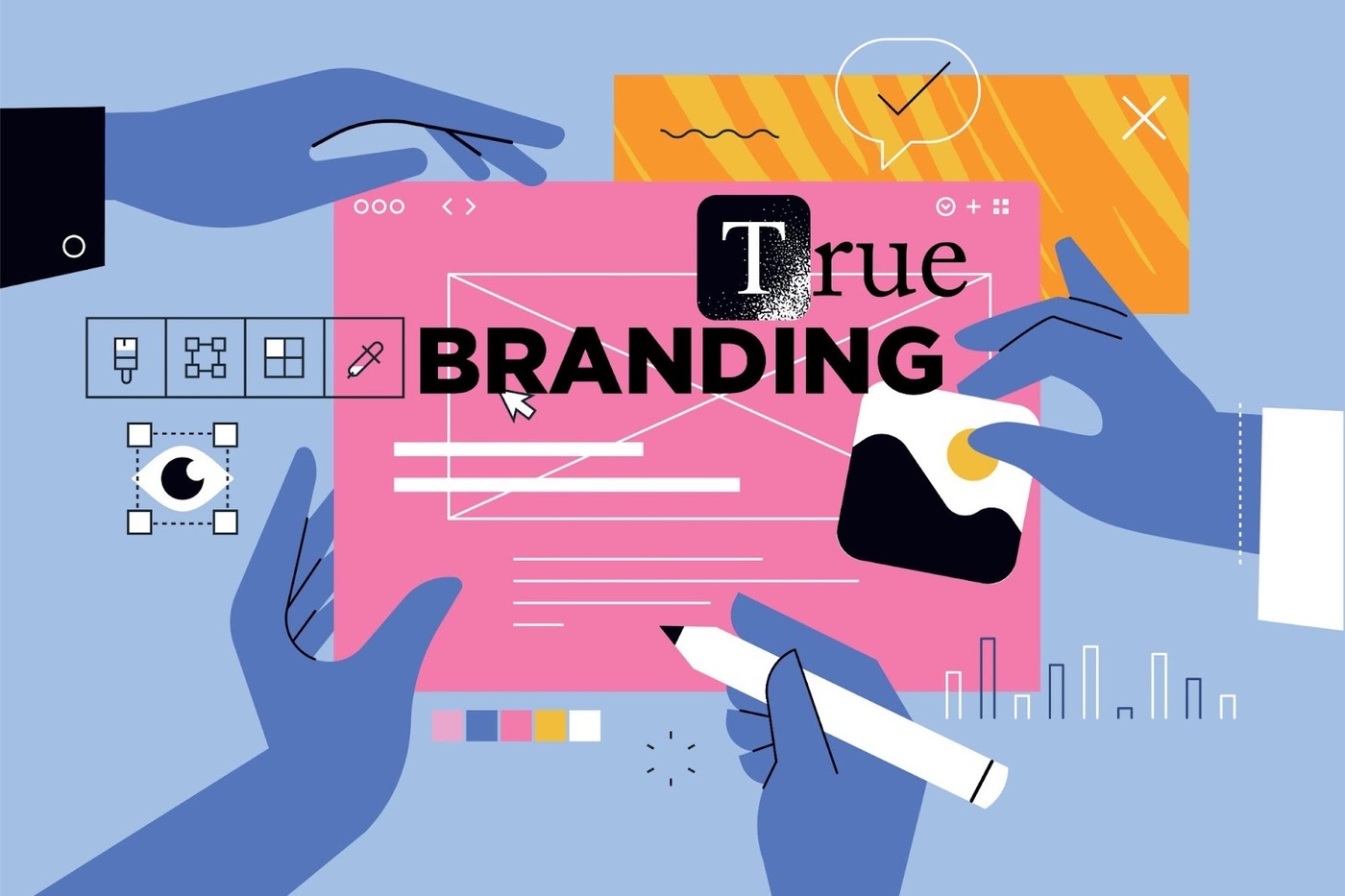In today’s extremely competitive environment, brands must be able to create a better emotional connection with consumers to gain a place in their hearts and wallets. According to Harvard Business School professor Gerald Zaltman, 95% of purchase decision making takes place in the subconscious mind, and the main challenge for brands is to reach this place by evoking emotions through their marketing, and successfully associating their brands with said emotion.
Propaganda Inc., a fully integrated brand and marketing communications firm founded in 2001 by Flint Finlinson and Paul Jarvis, zeroes in on the feelings that a brand can deliver on, and it helps companies understand that power.
Oftentimes, many companies are caught up in the functional aspects of their brand. For example, providing food for people who are hungry, or a tool to fix something broken at home. While there is value in function, Propaganda believes that there's a higher brand benefit if consumers make an emotional connection with them. By consistently associating to that emotion over time, consumers become attached to the feeling that comes from using that brand.
Finlinson highlights the legendary marketing campaign for diamonds, where the brand was able to attach the emotion of love to a common crystal that comes from highly compressed carbon, causing its value to skyrocket. The agency behind it conducted extensive psychological research on social attitudes and purchasing behaviors and then strategically changed them, in order to appeal to a wider audience.
“Once that happened and the idea took root in the public’s consciousness, many people felt that if their partner can't afford the huge amount of money to purchase a diamond ring, then it means they don't love them enough,” he says. “It was incredibly effective, and it made the diamond ring a near-universal symbol of love among Americans. There was a huge emotional value attached to diamonds, despite diamonds not being particularly rare.”
Finlinson adds that brands need to understand the emotional value or feeling that consumers associate with their product. Brands want to be associated with positive feelings, such as love, happiness, or security, and, through consistent marketing and branding, brands can hone in on that. It is important to have the discipline and consistency to do this over a long period of time, which is probably one of the greatest challenges in conducting successful branding and marketing.
Jarvis adds that consumers attach to brands as a form of self-expression and an extension of themselves, and this is quite evident in the case of lifestyle brands, such as apparel, perfume, or bags. If a brand develops a positive identity and is associated with feelings of luxury or trendiness, then wearing or using that brand can also transfer those feelings or reputation to the consumer.
“Marketing and branding today goes way beyond touting product benefits,” Jarvis says. “Consumers are very passionate about how brands fit into their lifestyle and represent their personal identity, and most are absolutely willing to spend more on something that they associate with a stronger positive feeling or self-image.”
To succeed in today’s hyper-competitive market, businesses need to uncover the specific emotions and qualities that their brands embody and learn how to motivate consumers to connect with that feeling. However, this can be quite complicated, and this is where Propaganda steps in with its expertise.

Propaganda uses a wide range of proven techniques and methodologies to conduct research and analytics, in order to uncover the key insights that will propel the brand forward. It then leverages those insights into a comprehensive communication and creative strategy, which will establish a differentiated and compelling point of view. And, finally, it works collaboratively with its clients, with a key focus on internal engagement, to deliver their brand promise across all touch points and interactions with consumers.
“We help companies identify the emotional equities of their brand to deeply connect with their consumer base,” Jarvis says. “For instance, a few common equities that foster appeal include respect, individuality, inspiration, protection and social connection. Using our decades of expertise in branding and marketing, we help brands tap into these characteristics in a way that is creative, tasteful, and relevant to the times.”
Media contact:
Name:Flint Finlinson
Email: [email protected]






